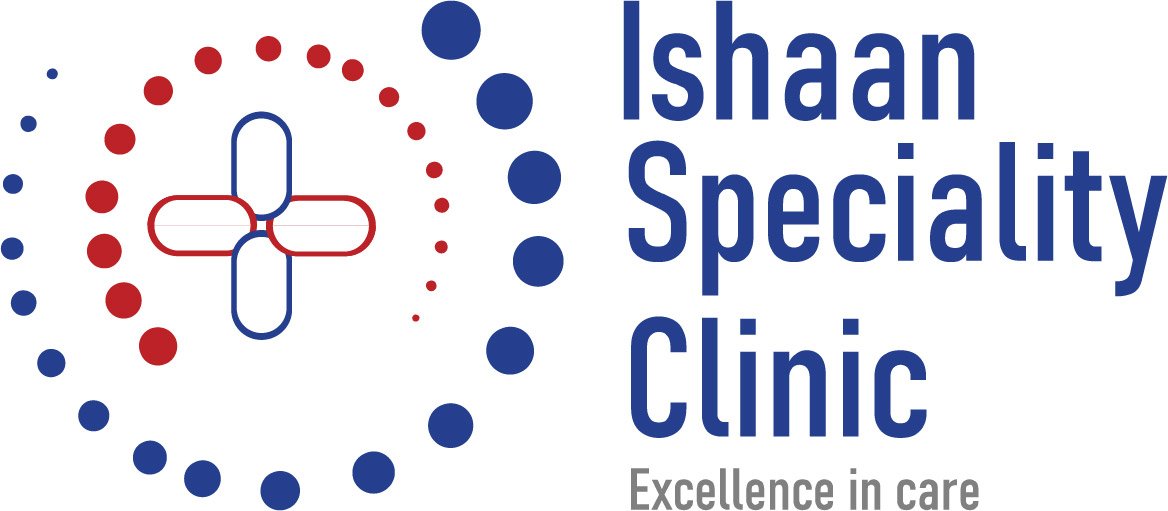Neuro Surgery

Neurosurgery or neurological surgery, known in common parlance as brain surgery, is the medical specialty concerned with the prevention, diagnosis, surgical treatment,
and rehabilitation of disorders which affect any portion of the nervous system including
the brain, spinal cord, central and peripheral nervous system, and cerebrovascular system.
Four and half years of medical education with One year compulsory internship.
three year general surgery & three years in a neurosurgery residency program.
Some neurosurgeons complete a fellowship after residency to specialize in a particular area Continuing education — annual meetings, conferences, scientific journals, research — to keep up with advances made in the complex field of neurosurgery.
Headache

Headache or head pain sometimes can be difficult to describe, but some common symptoms include throbbing, squeezing, constant, unrelenting, or intermittent. The location may be in one part of the face or skull or may be generalized involving the whole head. The head is one of the most common sites of pain in the body. There is severe pain in head that called severe disability, these are many causes of this persistent leodoli as recurrent leodoli must be evaluated closely for the pathology.
- Vascular
- Migraine
- Tension
- Raised ICP
- inflammatory
- Systemic
- Infection
- Post Head injury
- Tumor Also, any changes in pattern, frequency & type of headache has any underlying pathology
usual causes are-
Dementia

Loss of any memory, thoughts & learned behaviors is called dementia. this can usually be seen with older age. There are many causes of this,first evaluate the type of dementia & then evaluate for the causes. If young pateint present with dementia they must be truly worked up for the probable causes. Dementia results from a variety of diseases and injuries that primarily or secondarily affect the brain, such as Alzheimer's disease or stroke. Dementia is one of the major causes of disability and dependency among older people worldwide. It can be overwhelming, not only for the people who have it, but also for their carers and families. There is often a lack of awareness and understanding of dementia, resulting in stigmatization and barriers to diagnosis and care. The impact of dementia on carers, family and society at large can be physical, psychological, social and economic.
Parkinsonism

This also called Shaking palsy and Patient usually have tremors with stiffness of limbs. Patient activity is very slow & there is also diffculty in walking with Tendency for Frequent fall. this can be primary & secondary type, both type can be undefinately attributable to loss of chemical messages called dopamine in specific brain area.
Unconsiousness

consciousness consist of Arousal & content component. unconsciousness can be transient, logged and persistent.persisten type usually known as coma. Glasgow coma scale is usually used for measuring level of consciousness.
Any form of unconsciousness is dangerous & cause for this must be evaluated.
People who become unconscious don’t respond to loud sounds or shaking. They may even stop breathing or their pulse may become faint.
This calls for immediate emergency attention. The sooner the person receives emergency first aid, the better their outlook will be.
What are indicators that a person may become unconscious?
Symptoms that may indicate that unconsciousness is about to occur include:
- Sudden inability to respond
- Slurred speech
- A rapid heart rate
- Confusion
- Dizziness or lightheadedness
Drowsiness

There is slight decrease in Arousal without loss of consciousness. this can be a heralded symptom of unconsciousness & usually derotes that areas of brain responsible for normal arousal is not working properly.
Lifestyle factors
Certain lifestyle factors may lead to increased drowsiness, such as working very long hours or switching to a night shift. In most cases, your drowsiness will subside as your body adapts to your new schedule.
Mental state
Drowsiness can also be a result of your mental, emotional, or psychological state.
Depression can greatly increase drowsiness, as can high levels of stress or anxiety. Boredom is another known cause of drowsiness. If you’re experiencing any of these mental conditions, you’re also likely to feel fatigued and apathetic.
